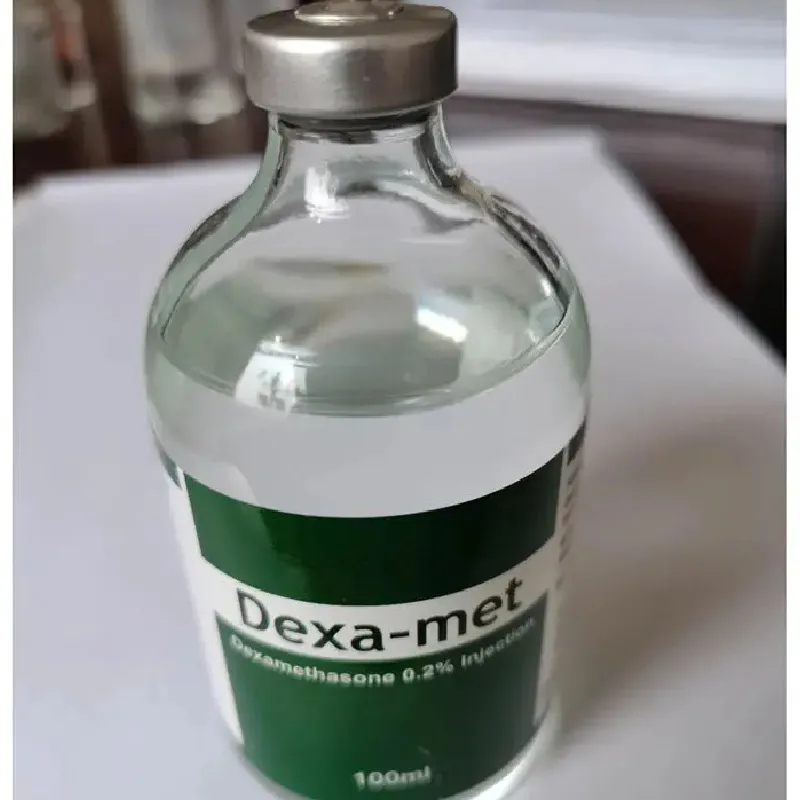- Afrikaans
- Albanian
- Amharic
- Arabic
- Armenian
- Azerbaijani
- Basque
- Belarusian
- Bengali
- Bosnian
- Bulgarian
- Catalan
- Cebuano
- Corsican
- Croatian
- Czech
- Danish
- Dutch
- English
- Esperanto
- Estonian
- Finnish
- French
- Frisian
- Galician
- Georgian
- German
- Greek
- Gujarati
- Haitian Creole
- hausa
- hawaiian
- Hebrew
- Hindi
- Miao
- Hungarian
- Icelandic
- igbo
- Indonesian
- irish
- Italian
- Japanese
- Javanese
- Kannada
- kazakh
- Khmer
- Rwandese
- Korean
- Kurdish
- Kyrgyz
- Lao
- Latin
- Latvian
- Lithuanian
- Luxembourgish
- Macedonian
- Malgashi
- Malay
- Malayalam
- Maltese
- Maori
- Marathi
- Mongolian
- Myanmar
- Nepali
- Norwegian
- Norwegian
- Occitan
- Pashto
- Persian
- Polish
- Portuguese
- Punjabi
- Romanian
- Russian
- Samoan
- Scottish Gaelic
- Serbian
- Sesotho
- Shona
- Sindhi
- Sinhala
- Slovak
- Slovenian
- Somali
- Spanish
- Sundanese
- Swahili
- Swedish
- Tagalog
- Tajik
- Tamil
- Tatar
- Telugu
- Thai
- Turkish
- Turkmen
- Ukrainian
- Urdu
- Uighur
- Uzbek
- Vietnamese
- Welsh
- Bantu
- Yiddish
- Yoruba
- Zulu
10 月 . 16, 2024 11:47 Back to list
Effective Solutions for Eliminating Hookworms in Dogs to Ensure Their Health and Well-being
What Kills Hookworms in Dogs A Comprehensive Guide
Hookworms are a type of parasitic worm that can infect dogs and pose serious health risks. These small, thin parasites attach themselves to the intestines of the host dog, where they feed on blood and can cause significant damage. If you suspect that your dog has a hookworm infection, understanding how to eliminate these parasites is crucial for the health and well-being of your furry friend.
Understanding Hookworm Infections
Hookworms are usually transmitted to dogs through ingestion of larvae from contaminated soil or through skin contact with infected soil. The larvae can penetrate the skin, traveling through the bloodstream until they reach the intestines. Once there, they attach to the intestinal wall and commence feeding, which can lead to anemia and other serious health problems.
Symptoms of hookworm infestations may include anemia, weakness, lethargy, pale gums, diarrhea (often with blood), and weight loss. If you notice any of these signs, it is essential to consult with a veterinarian as soon as possible.
Diagnostic Procedures
Veterinarians typically diagnose hookworm infections through a combination of physical examinations and fecal tests. A fecal flotation test can identify hookworm eggs in your dog’s stool, confirming the presence of these parasites. Early detection is vital since hookworm infections can lead to severe health issues and, in some cases, can be life-threatening.
What Kills Hookworms?
what kills hookworms in dogs

The primary treatment for hookworm infections in dogs involves the use of anthelmintic medications. These are deworming drugs that effectively kill adult hookworms residing in your dog's intestines. Commonly prescribed medications include
1. Fenbendazole This broad-spectrum anthelmintic is effective against various types of intestinal parasites, including hookworms. It's usually given over several days to ensure complete removal. 2. Pyrantel Pamoate Pyrantel is frequently used as a single-dose treatment for hookworms and works by paralyzing the worms, allowing the dog's body to expel them. 3. Milbemycin Oxime This medication is effective against several types of worms and is often included in heartworm preventatives. It can be used to treat existing hookworm infections as well.
4. Ivermectin While primarily a heartworm preventive, Ivermectin can also assist in eliminating hookworms, although it is less commonly used due to potential side effects.
Preventative Measures
Preventing hookworm infestations is equally important. Some steps you can take include
- Regular Veterinary Check-ups Routine check-ups allow for early detection of hookworms and other parasitic infections. - Deworming Protocols Follow your veterinarian's recommended deworming schedule, which may include regular treatments, especially for puppies. - Maintain Cleanliness Keep your dog’s environment clean. Regularly remove feces from your yard and avoid letting your dog roam in areas where hookworms might thrive. - Proper Diet and Nutrition Ensure your dog has a healthy diet and proper nutrition, as this can bolster their immune system and overall health.
Conclusion
Hookworms can be a serious threat to your dog’s health, but with prompt veterinary care and appropriate medication, these parasites can be effectively eliminated. By taking preventative measures, you can significantly reduce the risk of re-infection. Always consult your veterinarian for guidance tailored to your dog's specific needs, ensuring a happy and healthy life for your pet.
-
The Power of Radix Isatidis Extract for Your Health and Wellness
NewsOct.29,2024
-
Neomycin Sulfate Soluble Powder: A Versatile Solution for Pet Health
NewsOct.29,2024
-
Lincomycin Hydrochloride Soluble Powder – The Essential Solution
NewsOct.29,2024
-
Garamycin Gentamicin Sulfate for Effective Infection Control
NewsOct.29,2024
-
Doxycycline Hyclate Soluble Powder: Your Antibiotic Needs
NewsOct.29,2024
-
Tilmicosin Premix: The Ultimate Solution for Poultry Health
NewsOct.29,2024













